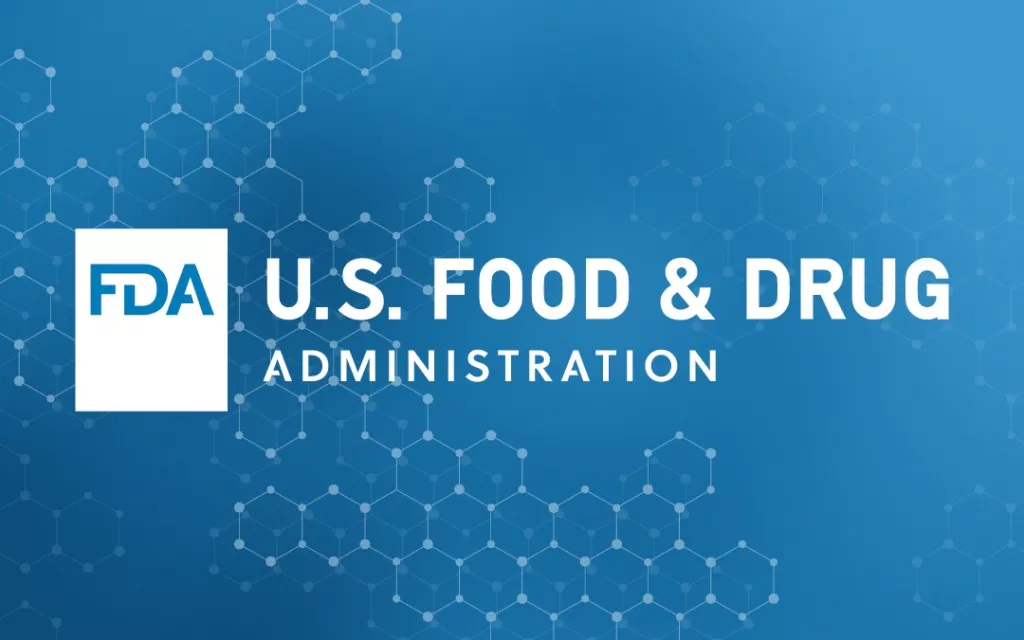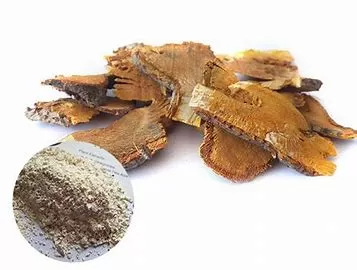- 0086-571-85302990
- sales@greenskybio.com
Controversy Over Kratom: Debates on Safety, Regulation, and Consumer Rights
2025-04-23
The U.S. Food and Drug Administration (FDA) has faced criticism for its approach to regulating kratom, with some stakeholders accusing the agency of fostering a restrictive environment that limits informed consumer choices. Despite kratom's potential to aid individuals in managing anxiety or substituting for more dangerous opioid use, the FDA maintains concerns over its unsanctioned use for self-medication.
FDA's Stance and Industry Pushback
The FDA has expressed apprehension that kratom users substitute it for FDA-approved medications in managing medical conditions. However, notable figures, such as Nora Volkow, M.D., Director of the National Institute on Drug Abuse (NIDA), have testified to kratom's potential as a harm-reduction tool for individuals overcoming substance use disorders. This perspective clashes with the FDA's stringent regulatory posture, which some perceive as an overreach that recalls past efforts curtailed by the Dietary Supplement Health and Education Act of 1994.
The American Kratom Association (AKA) underscores the FDA's stance as outdated, pointing to MIGs within HHS questioning the scientific grounding of FDA's recommendations. Several states have enacted the Kratom Consumer Protection Act (KPCA), developing frameworks to ensure safe kratom manufacturing and labeling.
Debunking Myths and Misconceptions
The FDA’s stance includes assertions that kratom acts like an opioid and poses addiction risks. Critics argue otherwise, emphasizing kratom's distinction as a non-opioid based on genetic, chemical, and legal definitions. Research shows kratom functions as a "partial agonist" without replicating opioids' respiratory effects. Additionally, reported kratom-related fatalities often involve polydrug use or adulterated products, not pure kratom consumption.
Misinterpretations persist in identifying kratom-related deaths, necessitating accurate, unbiased assessment protocols. Critics highlight inadequacies in FDA's adverse event reporting system, suggesting it lacks specificity and potentially misleads medical conclusions.
Building a Credible Regulatory Framework
Rhetorically, proponents call for the FDA to align its public health strategies with comprehensive, science-backed insights about kratom. Enhanced transparency about safety data and regulations could foster consumer trust, ensuring policy decisions reflect accurate evidence and respect individual autonomy in dietary supplement use.
Overall, the debate underscores the need for a balanced approach that prioritizes consumer safety while respecting informed health choices and emerging scientific research. Establishing cooperative federal and state frameworks could guide kratom's responsible integration into health management solutions without curtailing individual freedoms.
-
Passion Fruit: Health Benefits and Enjoy
2025-04-23














